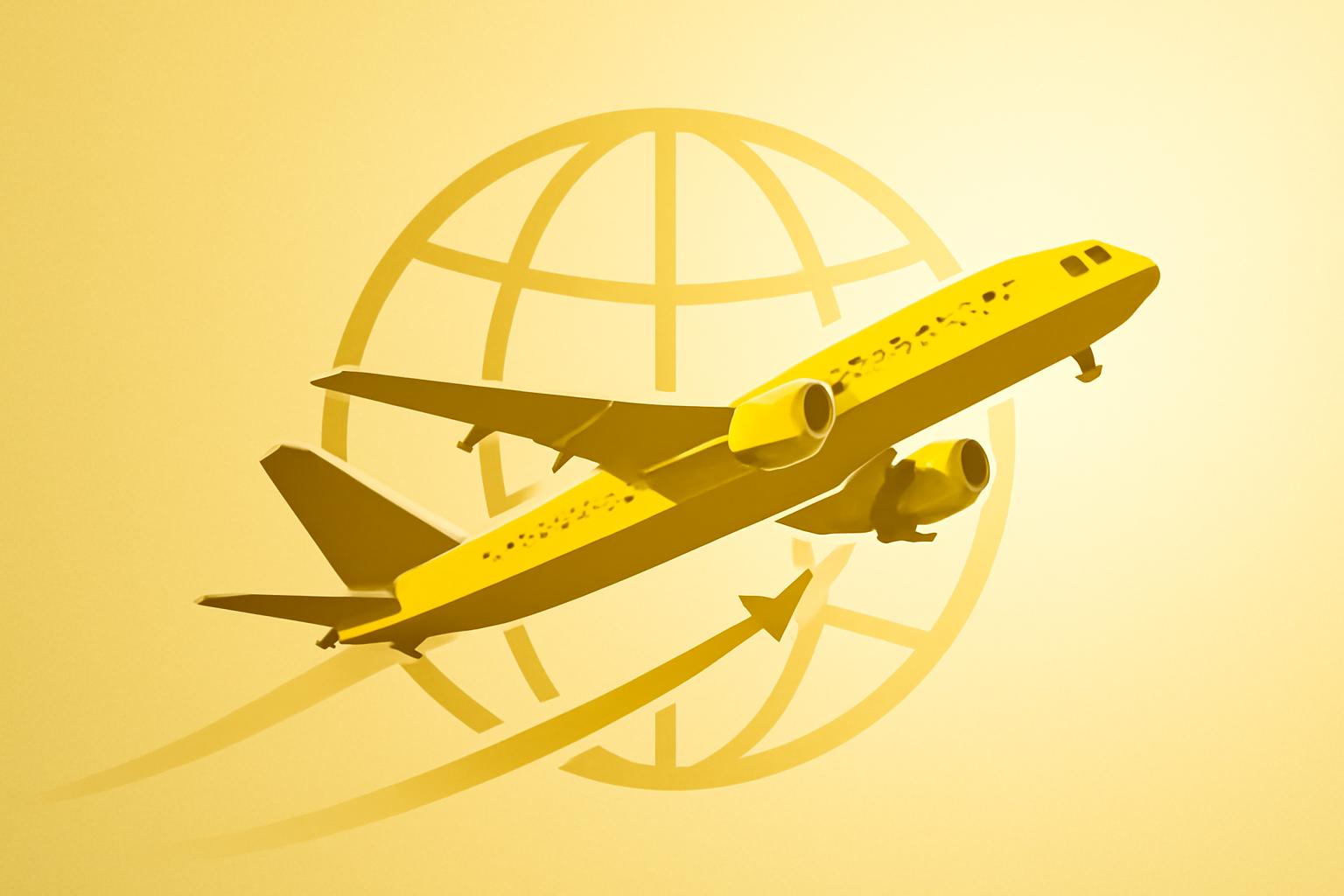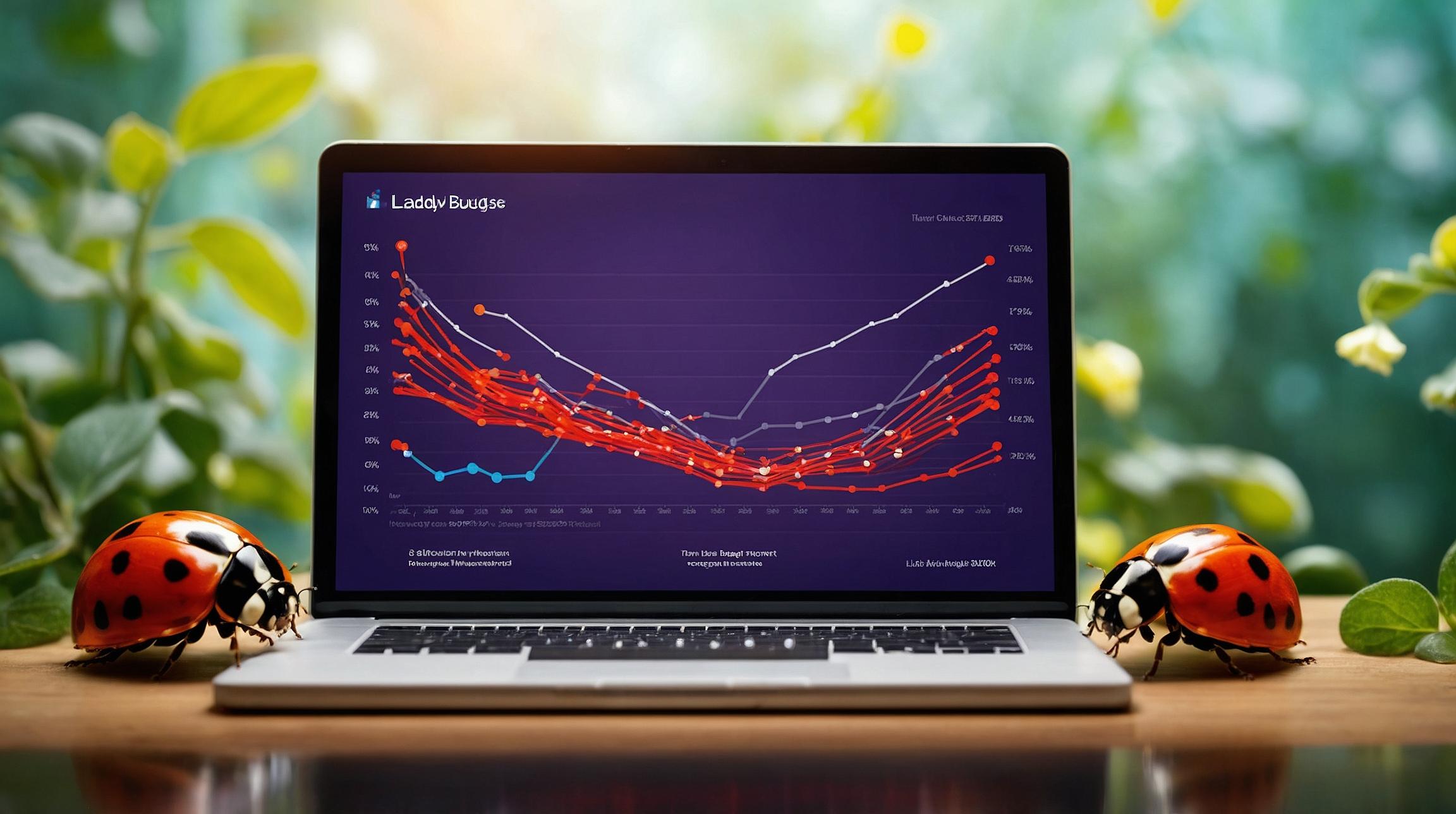Symbolism and Strategy: Why Boeing Aircraft Dominate Trump Trade Deals
Since President Donald Trump’s imposition of tariffs in April 2025, a clear pattern has emerged in U.S. trade negotiations: countries securing bilateral agreements often simultaneously announce large orders for Boeing aircraft. These deals, while sometimes light on detailed terms, prominently feature Boeing jets as a symbolic and strategic element.
High-Profile Aircraft Orders as Trade Symbols
Notable examples include South Korea’s announcement of a 103-plane order valued at $36.2 billion during President Lee Jae Myung’s Washington visit, alongside a $13.7 billion deal with GE Aerospace—marking the largest in Korean Air’s history. Japan also committed to purchasing 100 Boeing jets, although the financial terms remain undisclosed. Smaller economies such as Malaysia, Indonesia, and Cambodia have similarly incorporated Boeing purchases into their trade agreements with the U.S.
Even the United Kingdom secured a $10 billion Boeing aircraft order within its May trade deal, with British Airways’ parent company, IAG, later placing a separate order for 32 jets worth $12.7 billion. Treasury Secretary Howard Lutnick confirmed the UK’s Boeing order as part of these negotiations.
Why Boeing? Visibility, Value, and Political Ease
John Grant, founder of Midas Aviation, explains that aircraft make “very visible statements of trade” and, given their high value, are particularly attractive in high-profile trade agreements. Wendy Cutler, Vice President at the Asia Society Policy Institute, adds that such deals allow partners to signal their commitment to reducing bilateral trade surpluses with the U.S.—a core justification for Trump’s tariffs under emergency powers.
Unlike sensitive commodities such as steel or rice, aircraft imports pose fewer political challenges. Homin Lee, senior macro strategist at Lombard Odier, notes that while countries like Japan and South Korea fiercely protect domestic industries like rice and steel, reciprocal imports in these sectors are impractical. For instance, South Korea was the fourth-largest steel exporter to the U.S. in 2024, making bilateral steel purchases unlikely.
Long-Term Orders Mitigate Immediate Financial Impact
Aircraft orders typically span many years, allowing countries to announce significant purchases without immediate financial strain. Boeing’s production backlog currently extends 11.5 years, slightly longer than Airbus’s 10.6 years, according to Forecast International. This delivery timeline supports the performative aspect of such deals while aligning with future fleet renewal needs.
Economic Realities Underpinning Aircraft Demand
Despite the symbolic nature of these deals, the resurgence of international tourism and expanding global air travel underpin genuine demand for new aircraft. The International Air Transport Association forecasts global airline net profits will rise to $36 billion in 2025 from $32.4 billion in 2024, with profit margins increasing to 3.7%. Total industry revenue is projected to reach a record $979 billion, up 1.3% year-over-year.
Boeing’s Enduring Symbolic and Market Position
Beyond economics, Boeing remains an iconic American manufacturer and one of only two major players in the commercial aircraft duopoly with Airbus. This limited competition reinforces Boeing’s prominence in trade deals. However, the company has faced challenges, including a 2024 Alaska Airlines door panel incident and ongoing whistleblower allegations concerning production quality.
Nonetheless, improvements in manufacturing and quality controls have reportedly restored airline confidence. A Reuters report in August 2025 highlighted renewed trust among airline executives in Boeing’s ability to deliver jets meeting quality expectations.
Requests for comment from the Office of the U.S. Trade Representative were not immediately returned.
FinOracleAI — Market View
The consistent inclusion of Boeing aircraft in Trump-era trade deals underscores both symbolic political signaling and pragmatic economic factors, such as long delivery timelines and growing airline profitability. While Boeing’s recent quality concerns pose risks, the company’s strong backlog and duopoly status support sustained demand. Investors should monitor Boeing’s delivery performance and any evolving trade policy shifts that could affect bilateral agreements and aircraft orders.
Impact: neutral













